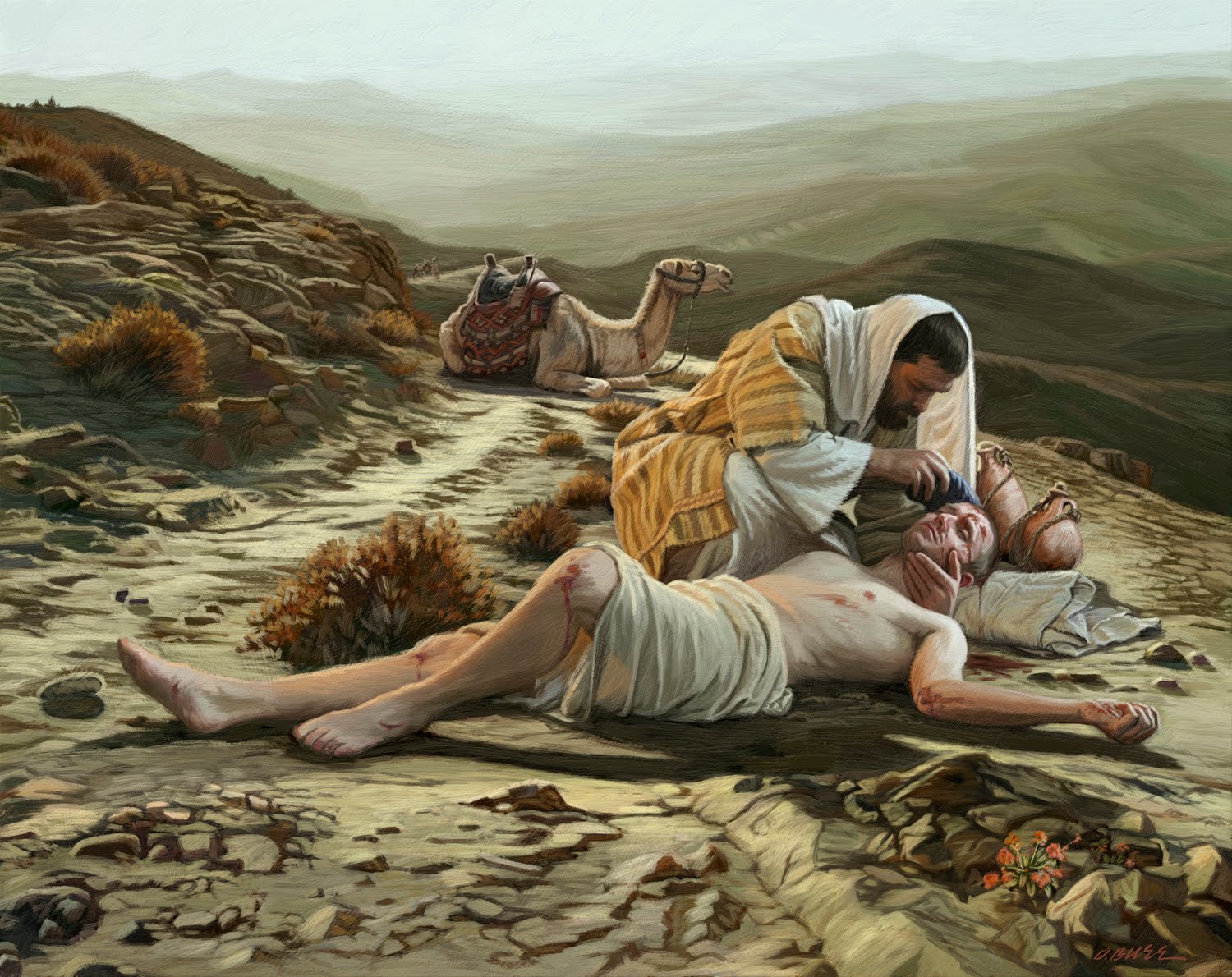This week I had the opportunity to study the
parables in Matthew 25. I want to focus this week's blog post on the parable of
the 10 Virgins.
I love this parable because it teaches us what
we need to do in order to be able to participate in the blessings of following
Jesus Christ. The parable of the 10 Virgins can be found in Matthew 25:1-13,
and it goes like this: there were 10 virgins that were waiting for the
bridegroom of a wedding to come so that they could join the wedding party. The
groom was late so they slept and waited around for him to come. They heard a
cry at midnight that said that he was coming, so the 10 virgins got up and
ready for him to come. Five of them were wise and had extra oil for their
lamps, but five were foolish and did not have extra oil. They asked the wise
virgins for oil, but they couldn't give it to them because they wouldn't have
enough for themselves if they shared. So the five foolish virgins ran to try to
buy some oil, but when they got back, the door to the wedding was shut, and
when the knocked, the bridegroom answered and said that he knew them not.
Now, at first glance, this seems like an almost
boring story with a lesson on being prepared, but it's more than that. The
parable is not about physical preparedness, it's about being spiritually
prepared to meet God. The five wise virgins represent the people that do what
God asks of us and follow the commandments, and the five foolish virgins are
the people that don't. The bridegroom is Jesus Christ and the wedding is
heaven. We cannot enter into the kingdom of heaven if we don't follow the
commandments and do things that Heavenly Father asks us to do, nor can we enter
on the merits of man alone. We must add oil to our own lamps one drop at a time
so that when the time comes, we will be ready.
One of the things that I used to struggle with
in the parable was the reasoning behind the five wise virgins not being able to
share their oil. I thought that surely they could spare some of it so that the
other five virgins would be able to go to the feast too. I found a quote about
this predicament that reads:
"President Spencer W. Kimball (1899–1985) discussed what the oil symbolizes and why it cannot be shared with those who are foolish: 'The kind of oil that is needed to illuminate the way and light up the darkness is not shareable. How can one share obedience to the principle of tithing; a mind at peace from righteous living; an accumulation of knowledge? How can one share faith or testimony? How can one share attitudes or chastity, or the experience of a mission? How can one share temple privileges? Each must obtain that kind of oil for himself. …'In the parable, oil can be purchased at the market. In our lives the oil of preparedness is accumulated drop by drop in righteous living. Attendance at sacrament meetings adds oil to our lamps, drop by drop over the years. Fasting, family prayer, home teaching, control of bodily appetites, preaching the gospel, studying the scriptures—each act of dedication and obedience is a drop added to our store. Deeds of kindness, payment of offerings and tithes, chaste thoughts and actions, marriage in the covenant for eternity—these, too, contribute importantly to the oil with which we can at midnight refuel our exhausted lamps'" (Faith Precedes the Miracle [1972], 255–56).
I hope that that quote will help you to be able
to understand why each of us in this life need to act for ourselves and make
the right choices ourselves because we CANNOT borrow from other people.
This week's study principle:
Patterns and Themes- We can learn more from the
scriptures if we look for patterns and themes while we are reading. They can
help us connect verses and chapters and allow us to see the bigger picture.


